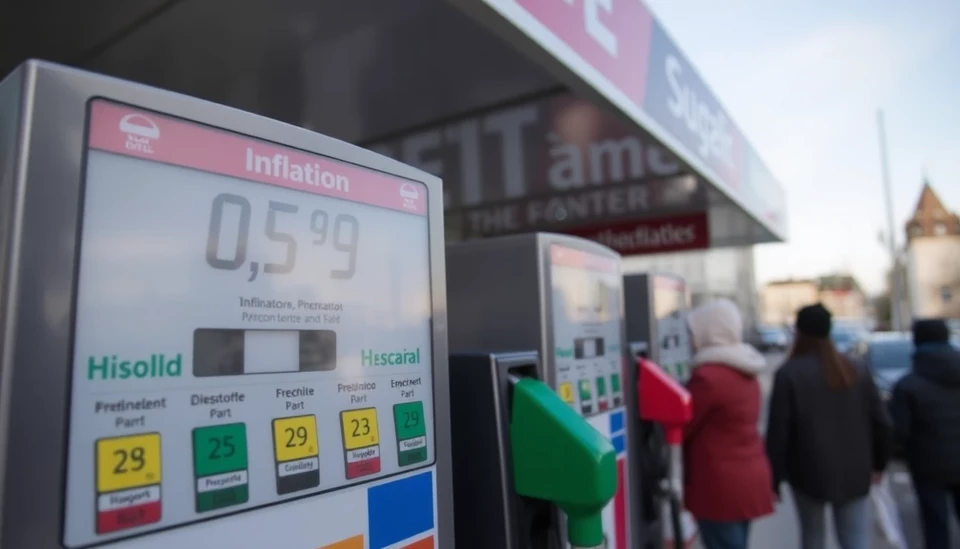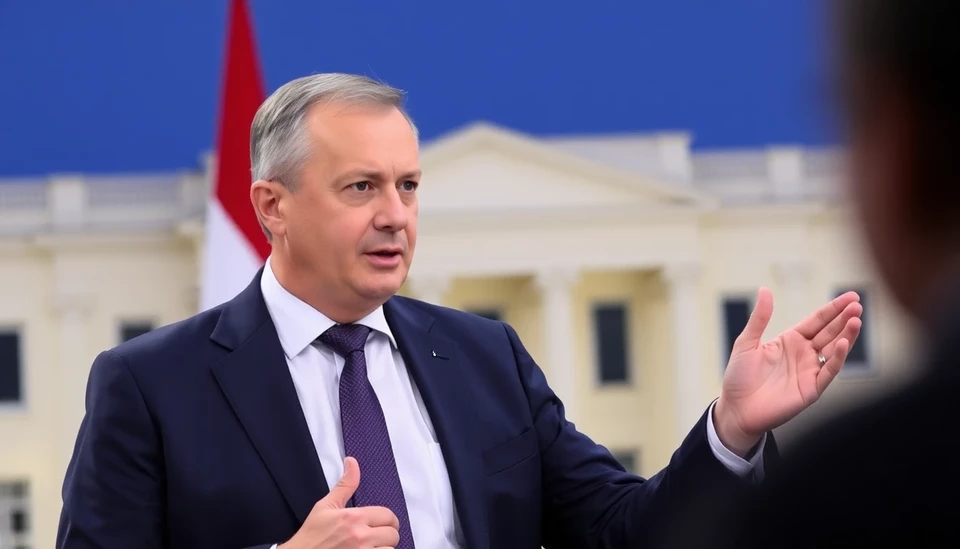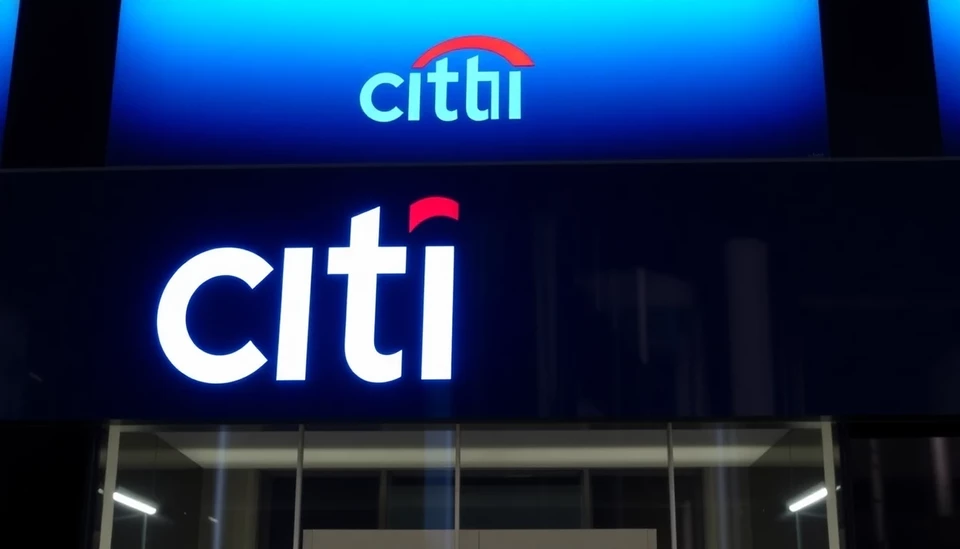
In a surprising turn of events, Hungary's inflation rate has shown a more significant slowdown than anticipated, primarily driven by a steep decrease in fuel costs. This development offers a glimmer of hope for the Hungarian economy, which has been grappling with high prices affecting consumers' purchasing power.
Latest data revealed that the annual inflation rate dropped to 23.5% in March, down from the previously reported 26.2% in February. Analysts had projected a modest reduction, anticipating the inflation rate to settle around 25%. This unexpected dip is largely attributed to falling energy prices, particularly fuel, as global markets adjust to new conditions.
Significantly, the decline in fuel prices has contributed to easing costs across various sectors, allowing for a reprieve in overall consumer expenses. The price of fuel has drastically declined from its peak, alleviating some pressure on household budgets and offering a measure of relief to citizens who have faced increased living costs over the past year. Economists were quick to note that while the numbers are promising, sustained efforts will be needed to maintain this trend.
Furthermore, the Hungarian government had previously implemented measures aimed at stabilizing the economy, including capping fuel prices and instituting food price controls. These interventions appear to be yielding positive results, as inflationary pressures soften. However, experts advise caution, warning that these measures might only provide temporary relief in the face of ongoing global economic uncertainties.
In parallel to declining inflation, the Hungarian central bank may reassess its current policies. With inflation showing signs of easing, there is speculation about whether interest rates, which soared in response to rising cost pressures, will be adjusted in the future. Analysts are closely monitoring these developments, eager to see how the central bank will navigate through this complex economic landscape.
As Hungary’s economy shows these signs of recovery, the government emphasizes the need for continued vigilance to ensure that inflation continues on its downward trajectory. The success in curbing inflation not only improves individual financial situations but also enhances economic stability and recovery prospects for the nation as a whole.
In conclusion, while the recent decline in Hungary's inflation rate due to falling fuel prices is a positive indicator, it is essential to remain cognizant of the broader economic dynamics at play. Stakeholders will be watching closely to see how both the government and the central bank respond to these changes in the coming months.
#Hungary #Inflation #FuelPrices #Economy #EconomicRecovery
Author: Daniel Foster




